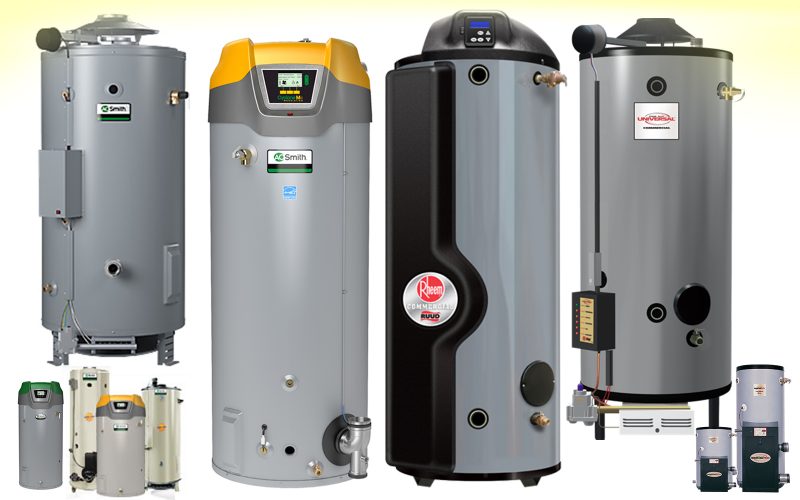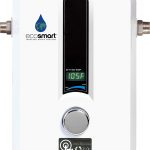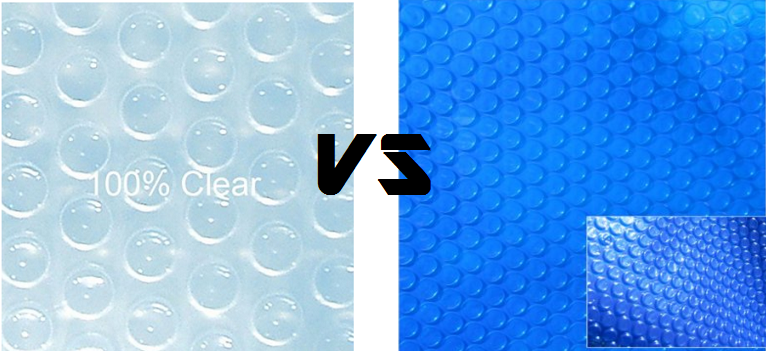Boiler VS Water Heater

For most of us, hot water is a necessity. We use it to cook, take a shower, do laundry, and carry out many more domestic tasks. This always calls for an effective water heating system that can deliver hot water when needed. If you have hot water flowing through your taps, it’s likely that you have a water heater or boiler installed in your home. Both perform the same function but in different ways.
They heat water using different mechanisms. This article will provide a description of each as well as the strengths and weaknesses of using either. By the time you’re done reading, you’ll know the difference between the two and which one beats the other in terms of functionality and efficiency.
Boiler description
 A boiler heats water and turns it into steam. The steam can either be circulated throughout the entire home using radiators or, used to heat water for other uses such as cooking, sanitation, and cleaning. Boilers are also used to heat floors when connected to a radiant heating system. Sometimes, they can be used to heat air in pressurized air heating systems or to produce steam that can be used to steam-clean home items.
A boiler heats water and turns it into steam. The steam can either be circulated throughout the entire home using radiators or, used to heat water for other uses such as cooking, sanitation, and cleaning. Boilers are also used to heat floors when connected to a radiant heating system. Sometimes, they can be used to heat air in pressurized air heating systems or to produce steam that can be used to steam-clean home items.
Boilers have a wide array of applications and are used differently to provide comfort to users. They are quite common in areas that experience cold climates. They are also very energy efficient due to their closed-loop system. Once the heat leaves the steam, it’s turned into warm water that flows back into the pipes to be heated again.
Types of boilers
- Combination
Combination boilers supply hot water and heat continuously without using hot water cylinders or cold water tanks. - System
System boilers heat and store hot water in hot water cylinders. The amount of water available at each moment in time depends on the capacity of the cylinder. If your water runs out, you have no choice but to wait for the cylinder to heat and store more water. - Conventional
Conventional boilers occupy the largest space. They come with a hot water cylinder and a cold water tank. They are a great option for bigger houses where there are several taps serve different areas. They allow users to use hot water for different tasks at the same time. - Condensing
Condensing boilers are boiler attributes that retain the heat in hot water and prevent it from getting lost after escaping the flues. They are also used alongside non-condensing boilers to vent harmful gases produced during water heating.
Strong sides
- Improved air quality – Unlike pressurized air systems, boilers do not spread air all over. Any dust that may be present in your house stays undisturbed. This means that you get the best air quality and get to experience easier breathing.
- Boilers operate quietly with no noise.
- They are able to create comfort through heat.
- There’s little maintenance required in the long run.
Weak sides
- Boilers are costly and more expensive compared to water heaters.
- They are prone to leakages.
- Replacement parts can be expensive.
- Requires extra ductwork to heat other areas of your home.
- Cost more to install because the process requires an expert.
Water heater description
 A water heater is built to heat water and supply it to your home. Traditional water heaters feature a storage tank that not only heats the water but also stores it. The heat is produced by using electricity or burning gas. Once the hot water is used up, cold water enters the storage tank for heating and storage.
A water heater is built to heat water and supply it to your home. Traditional water heaters feature a storage tank that not only heats the water but also stores it. The heat is produced by using electricity or burning gas. Once the hot water is used up, cold water enters the storage tank for heating and storage.
Water heaters supply hot water through pipes to various fixtures and appliances. This water can be used for showering, washing, and even cooking. There are different types of water heaters available on the market today. They include conventional, tankless, and heat pump/hybrid water heaters. They use either solar, electricity, or gas to produce the heat required.
Types of water heaters
- Conventional
Conventional water heaters use a tank to heat and store water. They produce heat using either electricity or gas. Cold water gets into the tank from the bottom where it’s heated and stored while awaiting use. The water is heated to a particular temperature. Sometimes, it can be overheated to keep it warm for a long period. The only downside to conventional water heaters is that they do not provide continuous hot water. Once it’s all used, you’ll have to wait for cold water to be heated to use it. - Tankless
Tankless water heaters do not require a tank. They heat water instantly using electricity or burning gas as it flows through them. They also require less space. Tankless water heaters are also referred to as “on-demand” water heaters as they provide hot water instantly and continuously. - Hybrid/Heat pump
Hybrid water heaters use heat from the air and ground to heat water. They are more energy efficient but a poor option for areas that experience cold climates. - Solar
Solar water heaters use solar thermal panels to generate heat from the sun and use it to heat cold water. They are a great alternative in areas that experience warm weather. They are also quite cost-effective as they don’t require electricity or gas.
Strong Sides
- Inexpensive when it comes to initial purchase and installation costs.
- Are efficient in energy usage.
- Safe to operate.
- Storage water heaters are available in different sizes.
Weak Sides
- Electric water heaters can’t operate during power outages.
- High operating costs.
- Have slow heating time compared to boilers.
- Some water heaters can waste over 15 percent of energy through radiant heat loss.
- Tank-based water heaters have flow rates that are limited by unit size.
Overview and Conclusion
Choosing between a boiler and a water heater comes down to four important factors: the climate of where you live, availability of adequate room for storage, number of people that will use the system’s water supply, and whether there’s a need for on-demand hot water. This is because picking either depends highly on individual needs and circumstances. The only thing that remains constant in both cases is the need for proper maintenance and care of hot water systems.
